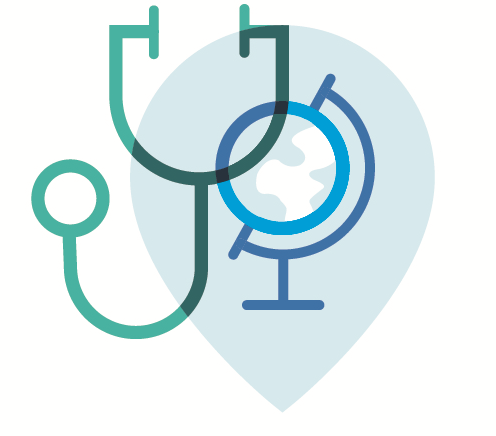
Advances in Global Health Can be Complicated, Science Speaks Reports
The U.S. Food and Drug Administration’s approval of pretomanid, a new tuberculosis treatment that is part of a three-drug regimen effective against extensively drug-resistant disease, represented a significant stride against the world’s leading infectious disease killer. Treatment Action Group, which has fought for new drugs to treat diseases in resource limited environments, cautioned, however, that the agency’s unconditional approval of the drug might limit further research to determine both effectiveness and adverse effects of pretomanid and set a dangerous precedent. The IDSA/HIVMA global Science Speaks blog covered the good news, as well as concerns about the approval.
Science Speaks also covered a report on an unintended peril that accompanies the expanded roles modern military responders take on in responding to humanitarian crises. Lacking immunity to endemic diseases in areas where they are stationed, service members can unknowingly carry parasitic, bacterial, and viral infections to their next deployment. The report, published in the Journal of Infectious Diseases, cited Haiti’s post-earthquake outbreak of cholera, a disease imported by United Nations peacekeepers and now endemic there, as well as other infections of pandemic potential. Read Science Speaks’ coverage of the report.

